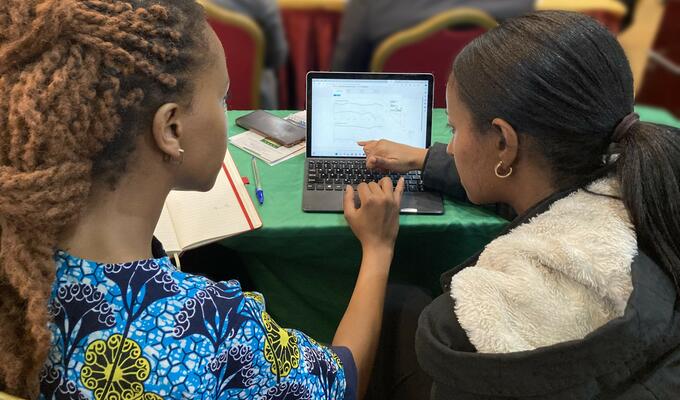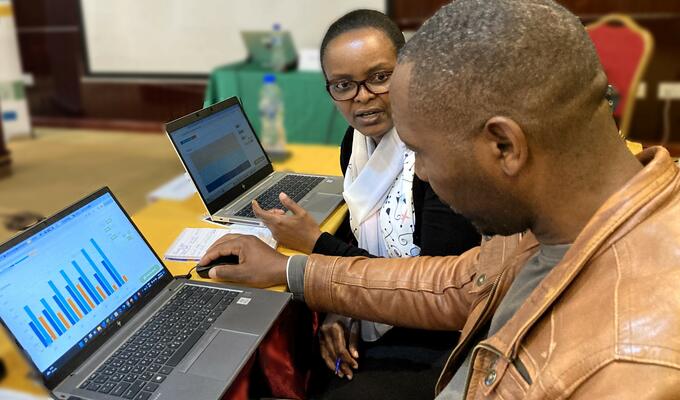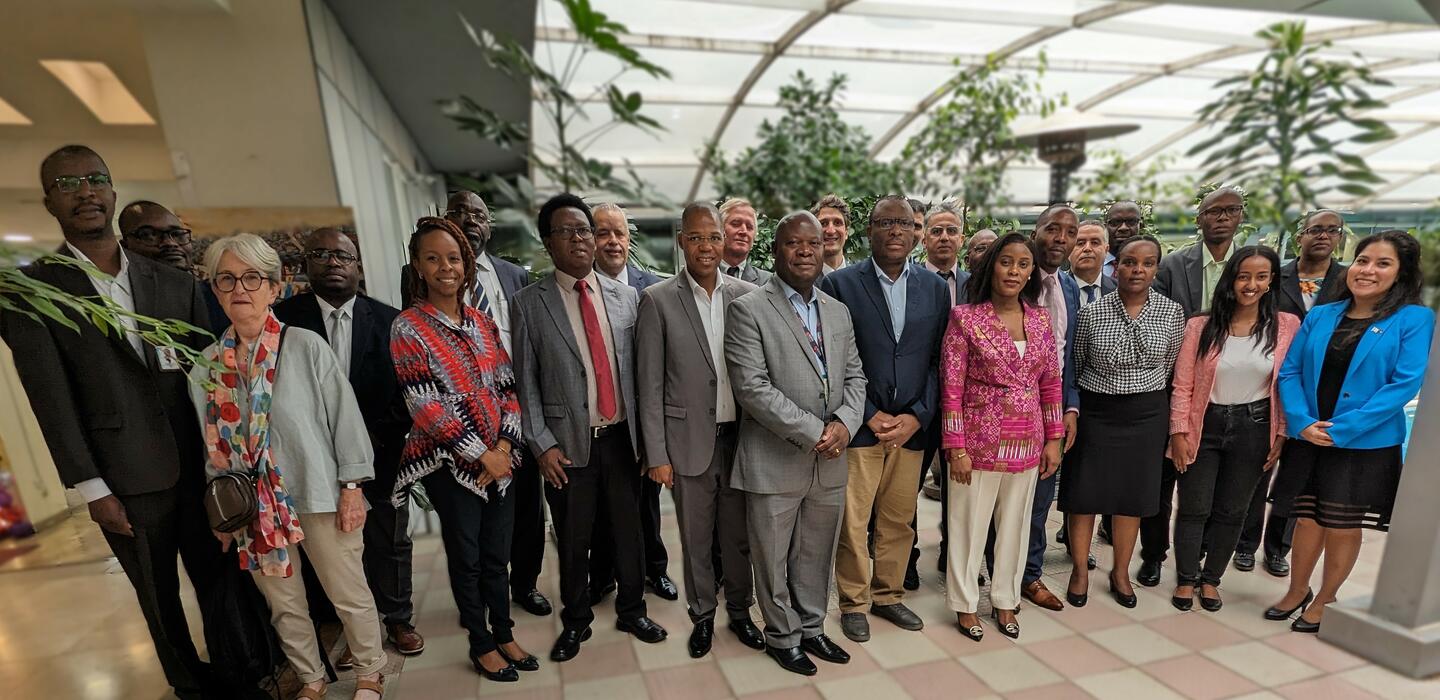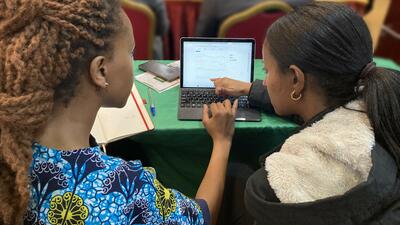

New policy support for African free trade area
As the African Continental Free Trade Area (AfCFTA) takes effect, the region could see an additional $51 billion in trade by 2028. The International Trade Centre (ITC) and the African Union Commission are working together to ensure African businesses and policymakers are equipped to benefit from this unique trade Agreement.
With the financial support of the European Union, the African Trade Observatory dashboard was created, serving as central hub for relevant and up-to-date trade and market access information.
To make sure the platform reaches businesses and policymakers across the continent, a new ATO Network gathered 19 trade experts from the African Union Commission (AUC) and regional economic communities for a workshop in Addis Ababa, from 12 to 15 February.
The four-day workshop was the first in a series aimed at expanding use of the ATO tools in their work.
'ATO will generate critical information that will guide the policymakers, investors and business communities in their decisions toward identifying quality information on the intra-regional trade flows geared toward the continental integration,’ said Djamel Ghrib, AUC Director of Economic Development, Regional Integration and Trade.
During the workshop, the experts learned how to use and promote ATO features dedicated to the private sector. This free tool allows users to easily identify the best market for their product in Africa. It then navigates the complex national-level requirements to enter this market and connect with relevant partners.
Beyond the training, the workshop reflected on improved data sharing and transparency, effective partnership models, and improving communication channels. This session underscored the collective resolve to advance trade facilitation, economic integration across Africa, and Africa’s integration with the rest of the world.
The new ATO network is a crucial milestone towards a more prosperous and interconnected Africa. Future events will strengthen the network with trade analysis training and the dedicated workshops for regional economic communities. These next steps will leverage the power of data and foster open dialogue so that the continent can unlock trade potential and drive economic growth.
The spirit of collaboration and mutual support that characterized the Addis Ababa workshop is a guiding light for future endeavours. Together, through initiatives like the ATO network, Africa is paving the way for inclusive, transparent and prosperous trade environment built on evidence-based policies.








